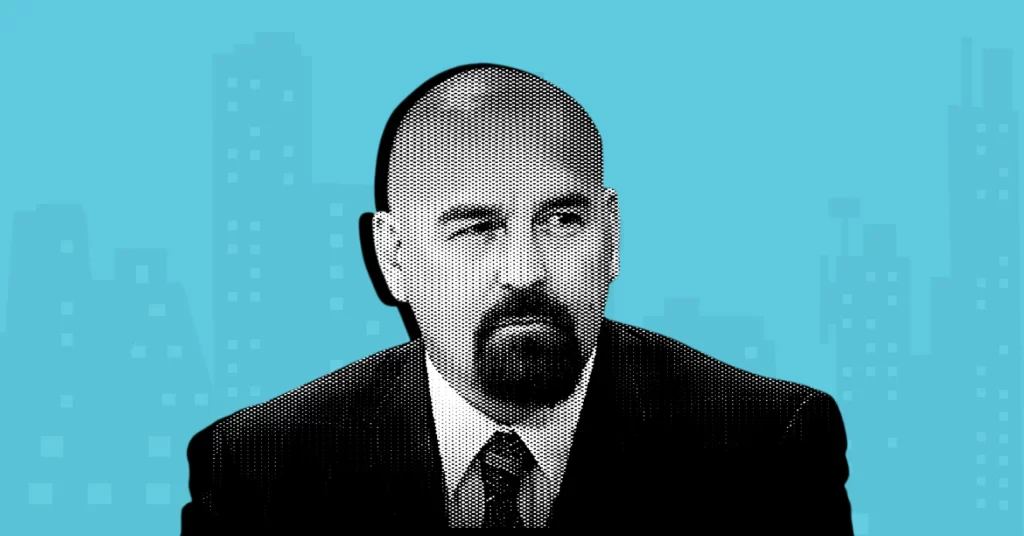
The post Ripple News: Deaton Challenges SEC’s Common Enterprise Claim in Ripple Case appeared first on Coinpedia Fintech News
In a recent episode of The Layah Heilpern Show, a podcast celebrating entrepreneurship, Michael Arrington, the tech magnate behind famous American high-tech online newspaper TechCrunch and venture capitalist firm CrunchFund, offered some pointed observations regarding the US Securities and Exchange Commission (SEC) and its relationship with Ripple’s XRP trading.
Security or No Security – That Isn’t the Question
Arrington conjectured that the SEC might be gunning for ripple

 ripple
m***h@ripple.com
Crypto / Blockchain SolutionPayment solution
to bolster its reputation. He maintains a neutral stance on whether XRP qualifies as a security, as per the SEC’s claims, deeming the issue rather inconsequential. Instead, he turned the spotlight onto the critical question of whether trading assets should remain the exclusive privilege of the affluent or be democratized for all.
ripple
m***h@ripple.com
Crypto / Blockchain SolutionPayment solution
to bolster its reputation. He maintains a neutral stance on whether XRP qualifies as a security, as per the SEC’s claims, deeming the issue rather inconsequential. Instead, he turned the spotlight onto the critical question of whether trading assets should remain the exclusive privilege of the affluent or be democratized for all.
Arrington underlined his belief in the irrelevance of the ‘security’ label attached to XRP. He pivoted the conversation towards the essence of trading rights.
He questioned, “What’s a security, what isn’t a security is totally irrelevant, and it really just comes down to whether you only allow rich people to trade an asset or you allow everybody to trade an asset.”
Accreditation Controversy: The Great Divide
John Deaton, a prominent crypto lawyer, and XRP enthusiast, responded to Arrington’s comments by focusing on the contentious concept of an accredited investor, a term coined by the SEC for individuals permitted to invest in unregistered securities.
Echoing Arrington’s sentiment, Deaton voiced his concern over the seemingly biased definition, finding it grossly unfair that a young adult from a privileged background can trade assets that are off-limits to a seasoned military veteran in their forties.
On a related note, the attorney has criticized the SEC for its fluctuating position on the common enterprise argument in its case against Ripple. He laid bare the SEC’s erratic approach, pointing out its argument that the entire XRP ecosystem, encompassing all XRP holders worldwide, every exchange listing XRP, and every business accepting XRP as payment, constituted the common enterprise.
However, after a strong pushback from the XRP community, the SEC again shifted its stance, claiming that XRP itself represented the common enterprise. Deaton derided this assertion as a “schizophrenic defense.”

 2 years ago
112
2 years ago
112



















 English (US) ·
English (US) ·